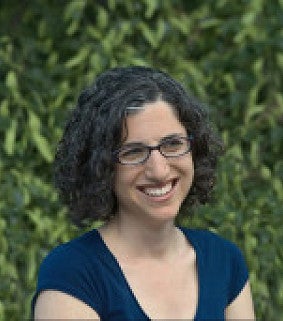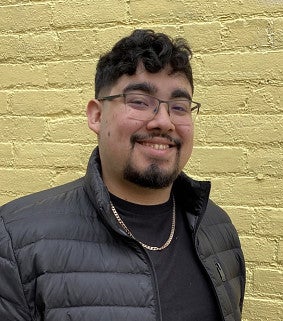Although historians often call themselves professors and academics, they are also film and media producers, historical interpreters and consultants, archivists, cultural resource managers, oral historians, policy advisors and government historians, museum professionals and curators, historic preservationists, local historians, and community activists, among other titles. The University of Oregon's department of History is committed to expanding the presence of historians beyond the classroom and the academy to many sectors of public life.
What is Public History?
The National Council on Public History describes the field simply as "history beyond the walls of the traditional classroom." Public history utilizes historical skills and methods to facilitate connections between the public and its past. This field differs from traditional history by its collaborative work with community members, stakeholders, and professional colleagues. This approach requires consideration of shared authority between historians and the public and the role of "professionalization" of local history.
To read more about what public history is and the many careers associated with the field please visit the National Council on Public History's article "About the field" on their website.
How Ducks do Public History
The department of History is fortunate to have faculty members from a wide range of research interests who engage in public-facing work. Our faculty have been interviewed in outlets such as The Atlantic, PBS Newshour, The Washington Post, CBC Radio, and the MIT Tech Review. They have also served on historical commissions, advised the National Parks Service on programming, and co-authored legal briefs in Supreme Court cases. Our faculty have curated exhibitions in museums and created online educational resources.
Be sure to registar for Dr. Katie Macica's guided internship experience courses, HIST 406 (CRN 16693), offered each term in AY 24-25. This course provides a structured setting for students engaged in history related internships. Internships enable students to explore the variety of work that historians do beyond the classroom and to contribute to a community organization. Students will learn from professionals in the field and gain practical experience that will enhance their education and further their career goals.
As the department wishes to celebrate the work by our faculty, you will find below links to the exemplary work in public history by our faculty.
Interviews by News Outlets:
- "Modern America's Most Successful Secessionist Movement"
- "Oregon Community Raises Over 400K to Save Family-owned amusement park"
- "What do Africans Really Think About Public Health Interventions Thus Far?"
- "Canada's Slavery Secret: The Whitewashing of 200 Years of Enslavement".
- "What does Progress Mean to You?"
- "Putting History into Action"
Online Projects:
- The Medieval Elbe: Slavs and Germans on the Frontier
- The UO Veterans’ Oral History Project
- Corazón de Dixie: Mexicanos in the U.S. South since 1910
- The Adoption History Project
- The Historical Atlas Project
- The Wired Humanities Project
- Red Thread: A Journey through Color
- The Artful Fabric of Collecting
- Nuestro South
- Home and Homelands
Insights From the Field

"With the support of Whiting Public Engagement Fellowship, I collaborated with a team of North Carolina media-savvy Latinx community leaders, college students, and a video editor to create the [nuestrosouth.org]"Nuestro South" podcast, video, and social media project. Hosted by Daisy Almonte, Axel Herrera, and Bryan Mejía, co-produced with Erik Valera and the nonprofit organization LatinxEd, and edited by Dorian Gómez, our content filters historical scholarship on Latinx people in the South, including my award-winning book Corazón de Dixie, through the lens of young people who are discovering and celebrating their roots in the region."
—Julie Weise, Associate Professor in the Department of History

“In collaboration with the Oregon Historical Society, I am developing bilingual middle/high Mexican history curricula titled ‘Somos de Allá y de Aquí: Mexicano Roots of Oregon.’ The curricula will aim to support educators exploring the rich history of the Mexican diaspora and teach its complexities through a critical lens. The units will examine the placemaking efforts of the Mexican diaspora as migrants and permanent residents and how these efforts have shaped Oregon's history.”
—Victor Ochoa, M.A., Social Studies Educator & Alumni

